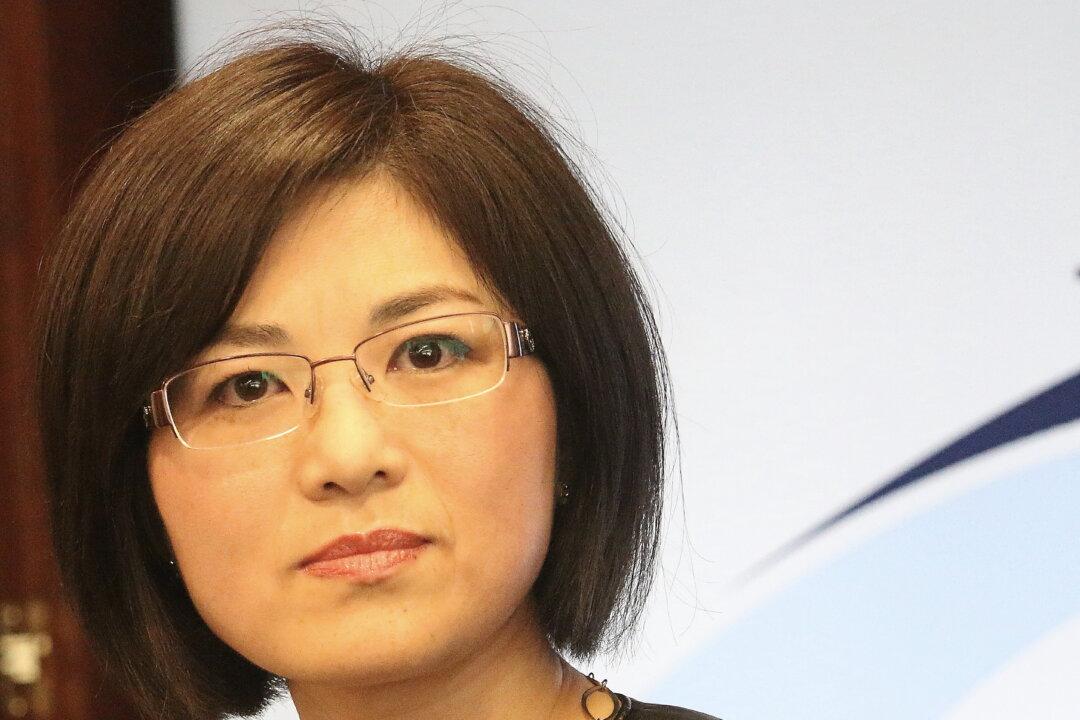WASHINGTON—Since 2004, China has been funding Confucius Institutes (CI), language programs under the communist regime’s Ministry of Education that form partnerships with American universities. In the United States, the CI is a multibillion-dollar enterprise, with branches on campuses across the country. But the question remains: Does the China regime just want to promote Chinese culture, or is there something more insidious about its intentions?
To address this question, the National Association of Scholars (NAS) commissioned a report, released in April, examining China’s efforts to influence American universities, titled “Outsourced to China: Confucius Institutes and Soft Power in American Higher Education.”
In recent years, faculty at universities that host CI have often voiced concerns about their campus branch having been established in secrecy, being beyond local faculty control, and competing with their modern language program. The CI program is managed and funded by China’s Office of Chinese Languages Council International, usually called the Hanban, which falls under the country’s Ministry of Education.




